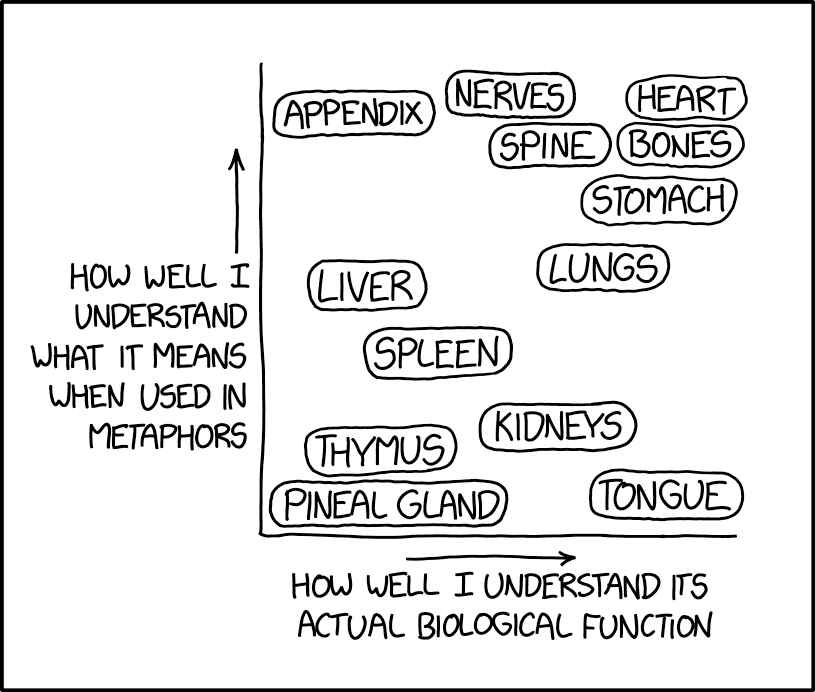Taiwan(ese) Taiwanese, part 2
"Taigi a political question of identity", By Hugo Tseng, Taipei Times (7/27/24)
The issue of whether to call the language spoken in Taiwan “Minnanese” (閩南語) or “Taigi” (台語, taiyu, also called Hoklo or Taiwanese) has long been a subject of debate. On the surface, it seems to be a simple question about language, but in essence it is a political question of identity.
Perhaps we could gain some inspiration from the duality of English as a language. English was, at its earliest, the language of the Angles — the Germanic people from the German-Danish border who invaded and settled in what is now known as England, whose name meant the “Land of the Angles.”
Through colonization and the spread of the language across the world, English — even as it melded with and adopted local characteristics and traits from other languages — remained essentially the same. In the US, Australia and other Anglophone countries, English is the name of the language, but the name is appended with a qualifier — the name of the country where it is used — such as American English or Australian English.
Read the rest of this entry »


